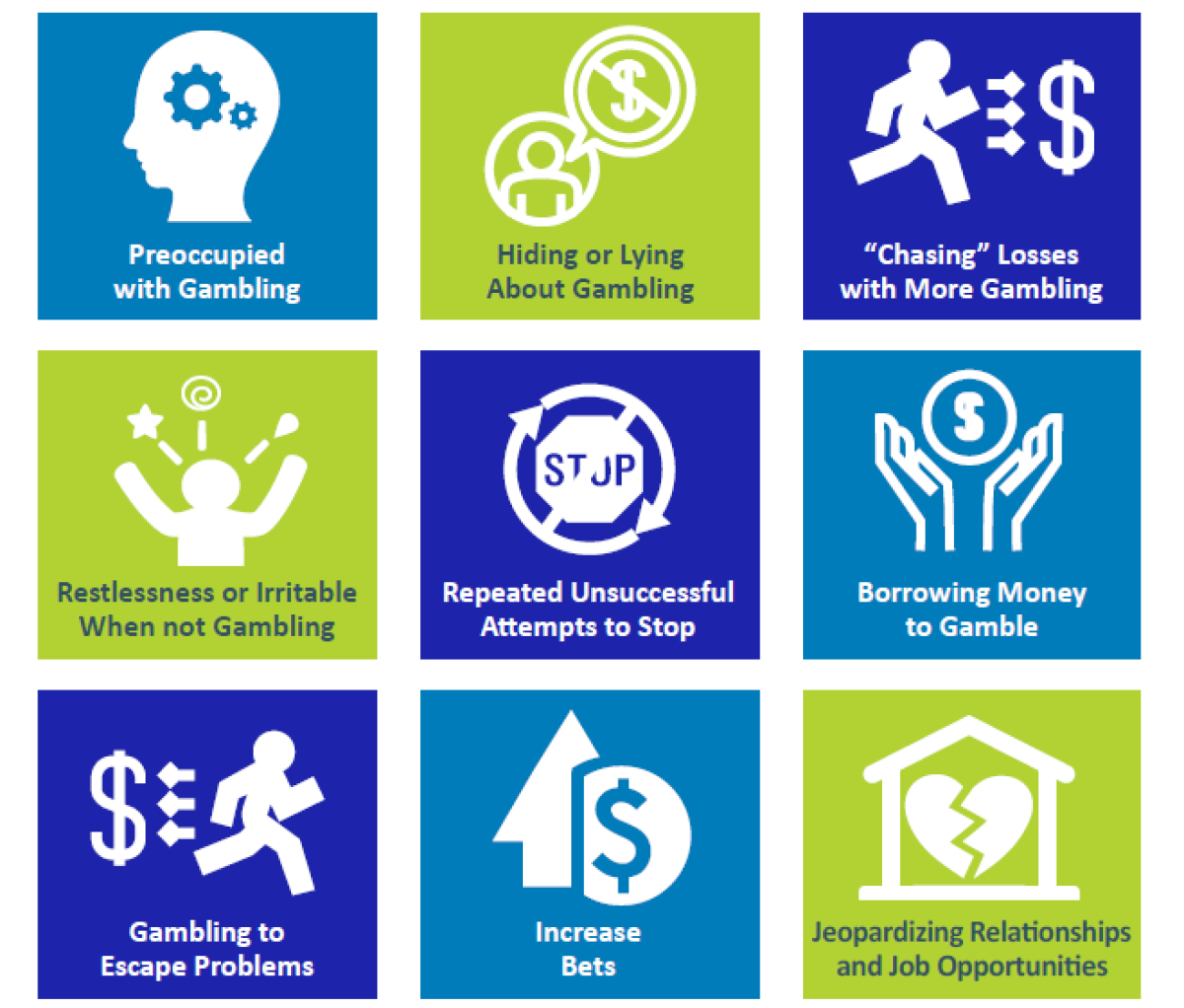
As the popularity of online gambling grows and users always have a casino at hand, more are engaging in this entertainment. At first glance, spinning the reels or placing sports bets seems an innocent pastime, but in reality, it holds significant risks. The issue of gambling addiction is discussed globally. Regulatory authorities in different jurisdictions address the challenge by implementing enhanced verifications, affordability assessments, self-exclusions, reality checks, and many more. However, maintaining a healthy approach to gambling remains players’ primary responsibility, so learn more about the problem and ways to prevent it.
Warning Signs of Gambling Addiction: Increasing Awareness
Also known as compulsive gambling, this problem is characterized by the uncontrolled urge to play casino games or place sports wagers. People with this disorder are obsessed with this entertainment form and cannot stop under any circumstances. They are likely to chase losses, struggle with unpleasant financial consequences, hide their passion from close people, and so on. A reduced quality of life usually accompanies the condition, so users should know the alarming symptoms:
- Preoccupation with gambling. Here, users spend a lot of time thinking about bets, planning their next wagers, or reflecting on past wins and losses. This obsession can overshadow work, education, and relationships
- Chasing losses. Losses are inevitable in this risky sector, and gamblers typically accept it and know when to quit. Compulsive individuals continue depositing despite financial struggles and try to win over, which is often unsuccessful
- Lying about gambling. Many individuals prefer to hide their harmful habits. They may lie about the amount of time they spend in online casinos or sportsbooks and never speak about the sum they lost
- Emotional distress. People with compulsive gambling habits often suffer from anxiety, guilt, low self-esteem, and even depression. In some cases, these feelings can lead to suicidal thoughts

How to Avoid Gambling-Related Disorders?
The good news is that preventing the harmful condition isn’t complicated. Users must learn the basics of responsible habits before they join an online casino. First, financial control is the key. Many experts highlight the role of bankroll management in a fast-paced environment, and not without reason. Punters should set the sum they can afford to spend in online casinos and bookmaker sites and stick to it when betting. In this case, they will not exceed the limits or spend the money needed for essentials.
Gambling operators also assist in developing a healthy approach. Innovative platforms like 1x Play stick to consumer protection policies and are responsible towards their customers. Users can take advantage of on-site deposit and loss restrictions that they can adjust manually. When a player reaches the chosen amount, the casino blocks the possibility of replenishing the balance and engaging in real-money betting. Moreover, many operators use reality checks, which are the regular reminders about the need to take a break.
Getting Help: Where to Turn
If you’ve already noticed the first signs of compulsive disorders, keep calm and don’t panic. Although this condition requires intervention, there are plenty of options that might help. The right support gives the path to recovery, so learn what can be useful.
Helplines for Problem Gamblers
Many reputable casinos and bookies offer links to support organizations that users can contact with a few clicks. There, they get detailed guidance on how to eliminate the problem and enjoy an addiction-free life. Of course, quitting the gambling website and limiting access to potentially harmful content is recommended in this case.
Professional Therapy
With the rise of digital gambling, more users engage in this activity; hence, more are likely to suffer from problems. Licensed therapists now opt for Cognitive Behavioral Therapy (CBT), which helps change unhealthy thoughts. This recovery method is gaining popularity in the market since specialists can select a suitable approach and personalized treatment according to a specific person’s needs and requests.
Online Support Groups
The availability of specific communities allows problem players to anonymously share their problems and receive efficient tips for coping with the disorder. Of course, users should first of all admit that they have uncontrolled cravings for gambling and need immediate assistance. Sometimes, being surrounded by supportive people is more valuable than having professional therapies.
Self-Exclusion Programs
These tools are becoming more widespread in iGaming, as they enable temporary access to potentially dangerous content. Players can register for the program and select the period during which they will be restricted from casino gaming and betting. During this time, users can reconsider their behaviors and undergo therapies to be responsible during the following gambling session. Self-exclusions are effective and allow returning to this risky entertainment once a player is ready.
